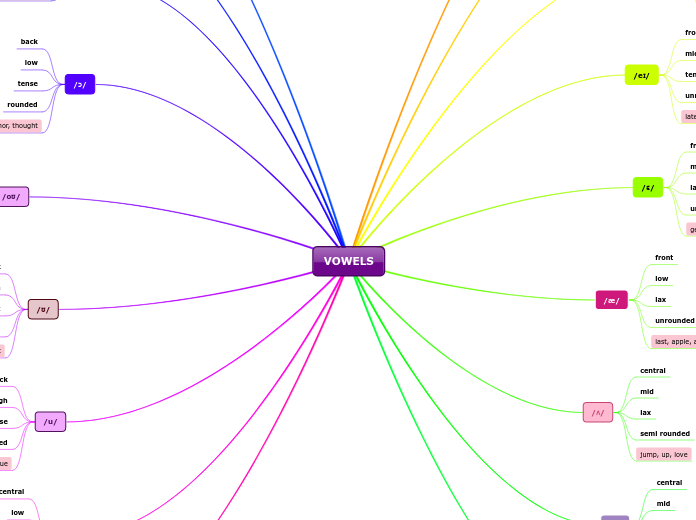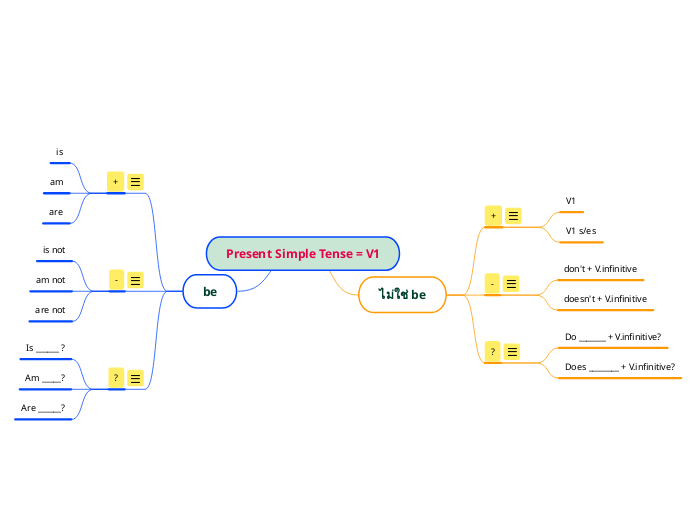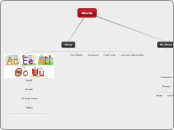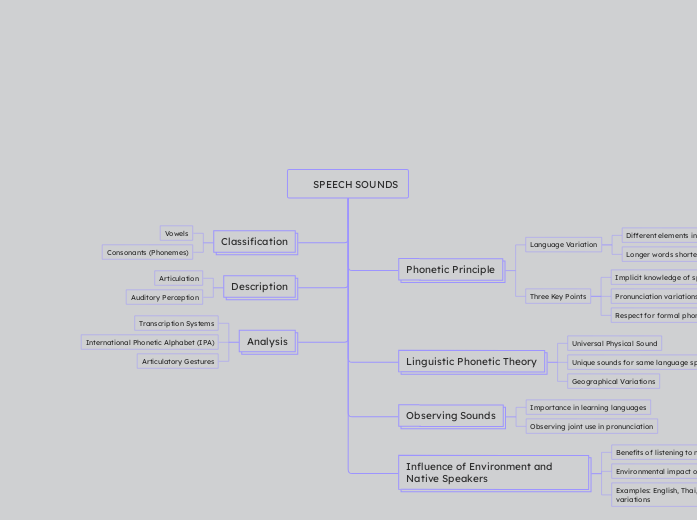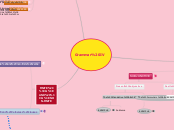VOWELS
A noun is a word that functions as the name of some specific thing or set of things, such as living creatures, objects, places, actions, qualities, states of existence, or ideas.
/ɜr/
word, nerd
/ɑ/
got, stop, want
/u/
cool, soup, true
/ʊ/
look, book,, put
/oʊ/
go, drove
/ɔ/
Compound nouns are words where two nouns have been stuck together to make a new noun. Compound nouns should be written as one word, without a hyphen.
author, thought
rounded
back
/aɪ/
Generic nouns are nouns that are part of a generic statement. Generic nouns can be singular or plural. The opposite of generic nouns is collective nouns.
The difference between definite/indefinite and generic nouns is that in the sentence there must be a blanket statement or question.
ex: nine, dry, high
/aʊ/
Proper nouns are the names of specific people or places. They should always begin with a capital letter.
ex: south, cow
/ɔɪ/
A concrete noun is a noun that can be identified through one of the five senses (taste, touch, sight, hearing, smell).
ex: choice, enjoy
diphthong
/ər/
teacher, better
/ə/
come, does
/ʌ/
jump, up, love
semi rounded
central
/æ/
last, apple, answer
low
/ɛ/
Countable nouns are nouns that can be counted, even if the number might be extraordinarily high.
Uncountable nouns are nouns that come in a state or quantity which is impossible to count; liquids are uncountable, as are things which act
like liquids.
get, any, bread
/eɪ/
Common nouns are words for people, places or things that aren’t specific (as opposed to a proper noun which refers to only one person, place or thing).
Common nouns can be countable or uncountable, singular or plural.
late, bait
mid
/ɪ/
A noun which refers to a group of things/people.
bit, this, sister
lax
/i/
A noun which cannot be identified by using one of the five senses (taste, touch, sight, hearing, smell).
read, feet, these
unrounded
tense
high
front
DEFINITION
Irregular nouns are nouns which don’t follow a spelling pattern when pluralized.
The core or "peak" of the syllable. Sound in which there is continual vibration of the vocal cords, air is released without interruptions.
